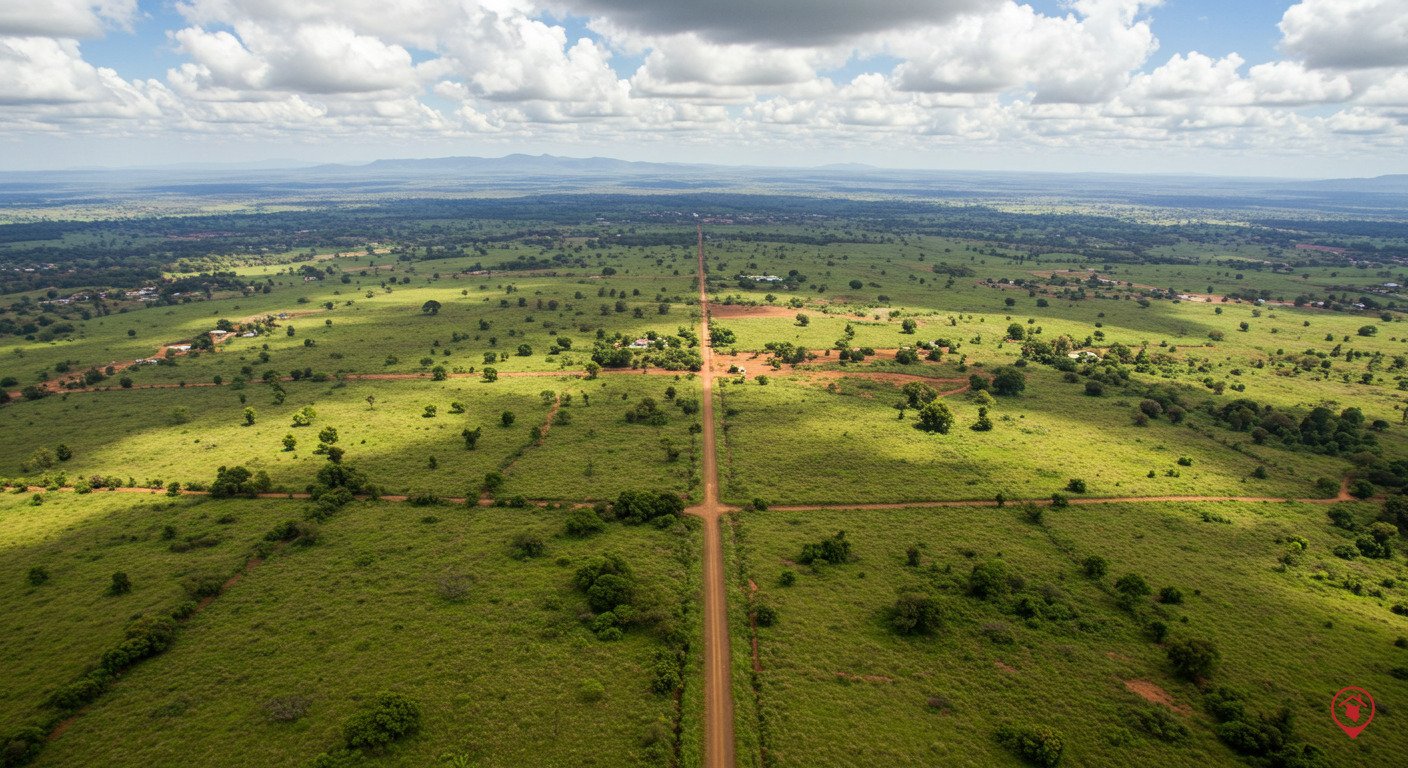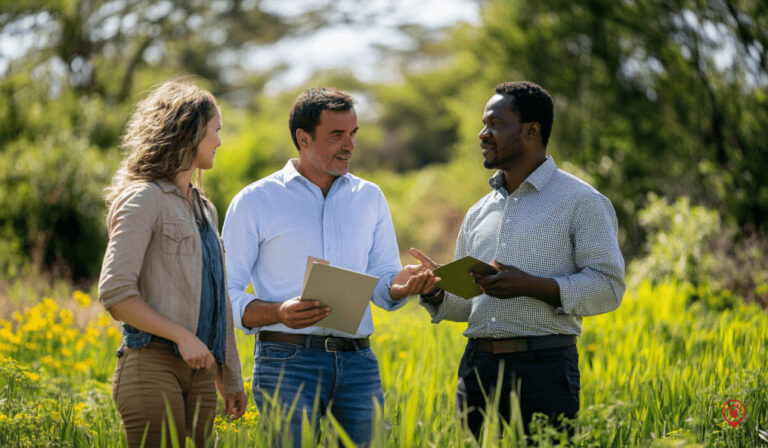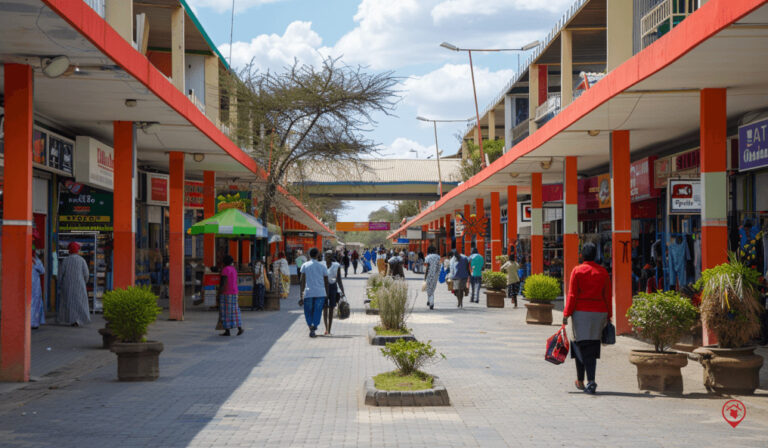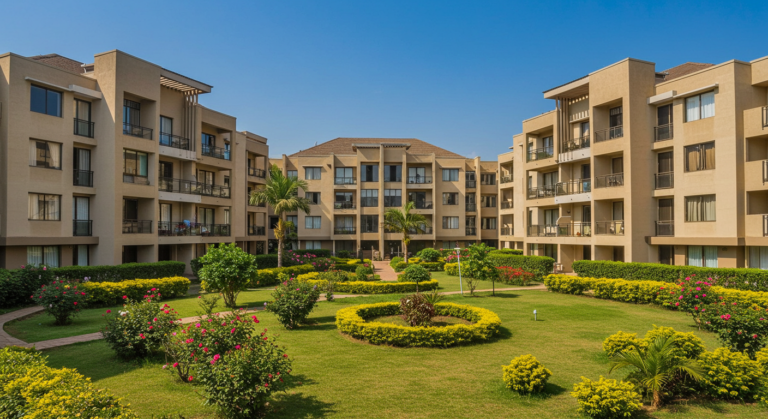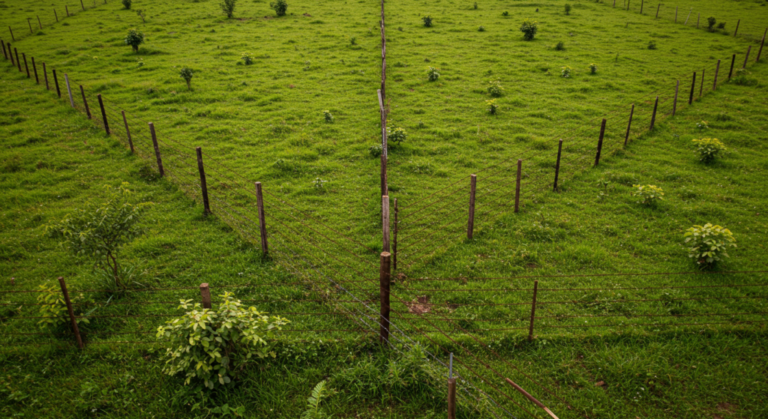5 Mistakes Diaspora Investors Must Avoid When Buying Land in Kenya
- While land is one of the most promising investments, it’s also one of the easiest ways to get burned if you’re not careful.
- One of the most common and costly mistakes is trusting the word of a seller or agent without proper verification.
- Buying land isn’t as simple as handing over money and shaking hands, every legal step matters.
- Investing in land is one of the smartest moves a diaspora investor can make.
There comes a time in life when investing feels less like a choice and more like a responsibility. It’s that inner urge to secure a future for yourself and your loved ones. No matter where you live, the thought is the same: “How do I put my money into something lasting?”
For Kenyans in the diaspora, that sense of responsibility often pulls you back home. And one of the most common ways to do this is through real estate. Land especially has become the favorite, it’s tangible, it appreciates steadily, and it offers countless possibilities. From building a retirement home to putting up rentals or even starting a farming project, the options feel endless.
But here’s the catch: while land is one of the most promising investments, it’s also one of the easiest ways to get burned if you’re not careful. Many in the diaspora have fallen victim to scams, poor planning, or simple oversights.
That’s why in this article, we’ll look at 5 mistakes diaspora investors must avoid when buying land in Kenya and how you can sidestep them.
Mistake 1: Not Verifying Ownership Documents
One of the most common and costly mistakes is trusting the word of a seller or agent without proper verification. A land title deed is the only legal proof of ownership. Unfortunately, Kenya has had its share of fake titles and double allocations.
How to avoid it:
- Always insist on seeing the original title deed.
- Conduct an official land search at the Ministry of Lands or eCitizen platform.
- Confirm that the seller’s name matches the one on the title and that there are no encumbrances (like loans or disputes).
If a seller hesitates or rushes you, that’s your first red flag.
Mistake 2: Buying Land Without a Physical Visit
Many diaspora investors buy land based on glossy brochures, drone videos, or promises from relatives. The risk? You may end up with land sitting on a floodplain, a road reserve, or even land that’s already occupied.
How to avoid it:
- Always plan for a site visit, either personally when you travel home or through a trusted professional (surveyor, lawyer, or independent agent).
- Check the boundaries physically and ensure they match what’s in the survey map.
- Talk to local neighbours—they often know the land’s true history better than anyone else.
Mistake 3: Ignoring Location and Infrastructure
Cheap land is tempting. But there’s often a reason why it’s cheap. A plot of land in the middle of nowhere with no roads, electricity, water, or schools nearby may take decades before it gains real value.
How to avoid it:
- Look at infrastructure projects in the area—new roads, railway stations, or industrial parks usually drive future growth.
- Consider amenities like schools, hospitals, markets, and security.
- Balance affordability with long-term value; sometimes paying a little more for a better location pays off.
Mistake 4: Skipping Legal Processes
Buying land isn’t as simple as handing over money and shaking hands. Every legal step matters, be it, sales agreements, stamp duty, land transfer, and registration. Skipping even one step can come back to haunt you.
How to avoid it:
- Work with a licensed advocate of the High Court of Kenya to guide the process.
- Ensure you have a signed sale agreement before making any payments.
- Pay stamp duty and register the land in your name immediately to avoid disputes.
A little extra in legal fees today can save you millions tomorrow.
Mistake 5: Trusting the Wrong People
Sadly, some of the biggest losses happen through people investors thought they could trust—relatives, friends, or unregistered brokers. Out of convenience, many diaspora investors send money to someone “back home” to handle everything, only to later discover the land never existed.
How to avoid it:
- Work only with registered professionals, that includes, lawyers, valuers, and certified real estate agents.
- If you must involve family, let them be part of the process but not the sole decision-makers.
- Ask for receipts, contracts, and official documents for every step. Transparency is non-negotiable.
Investing in land is one of the smartest moves a diaspora investor can make. It’s not just about financial returns, it’s about peace of mind and building something lasting for your future generations. But the difference between a wise investment and a nightmare often comes down to simple due diligence.
Conclusion
If you take time to verify documents, insist on proper processes, and work with trusted professionals, land in Kenya can truly be that safe, solid investment you’ve always hoped for—an asset your family will thank you for years to come.

